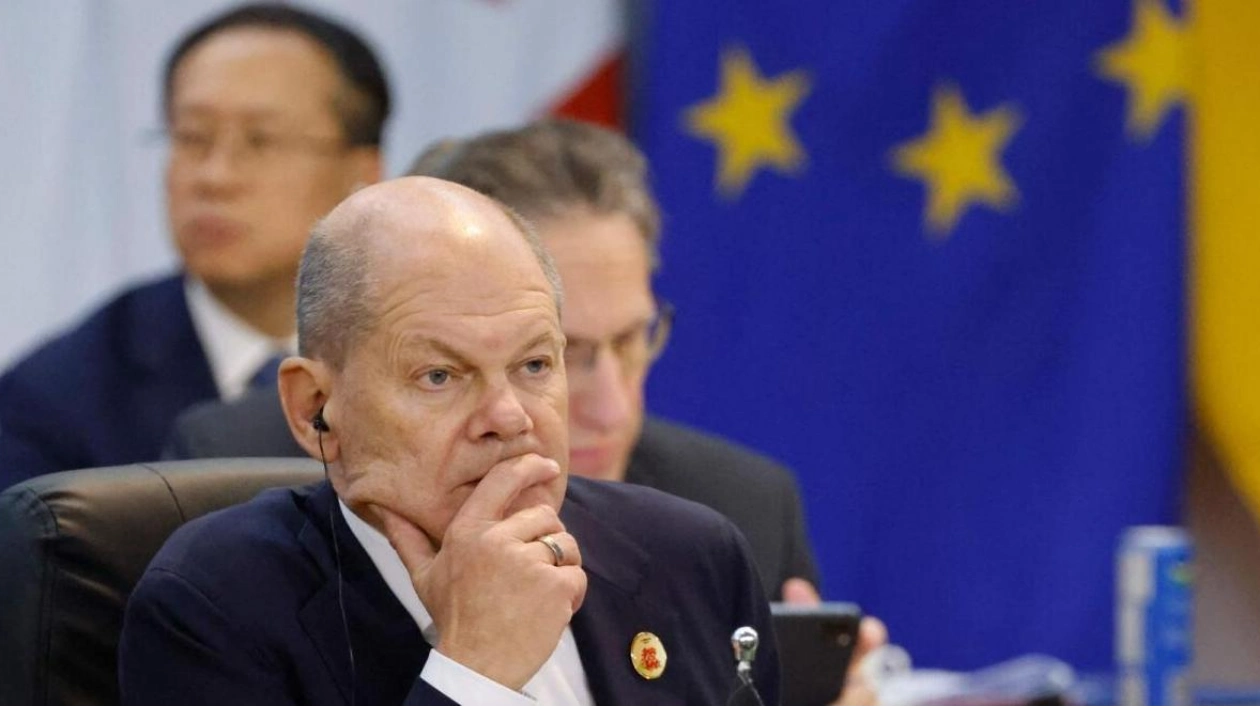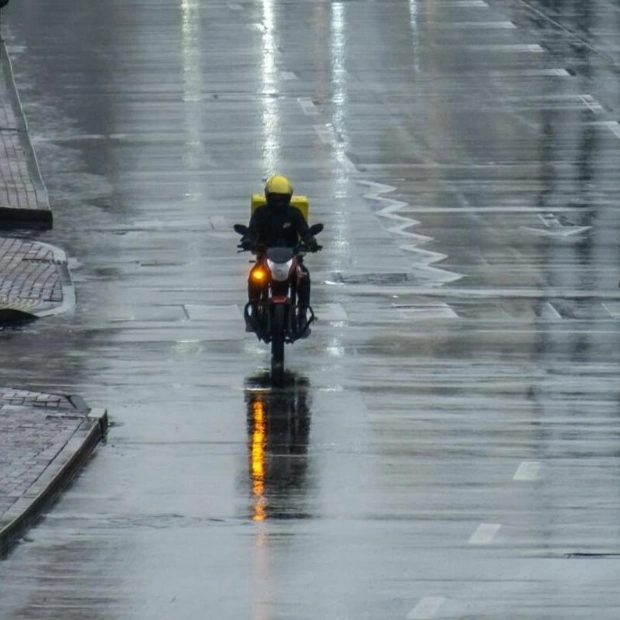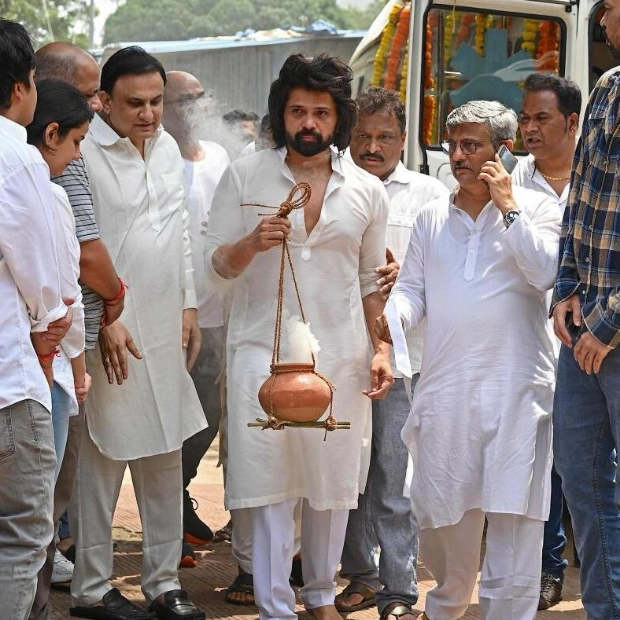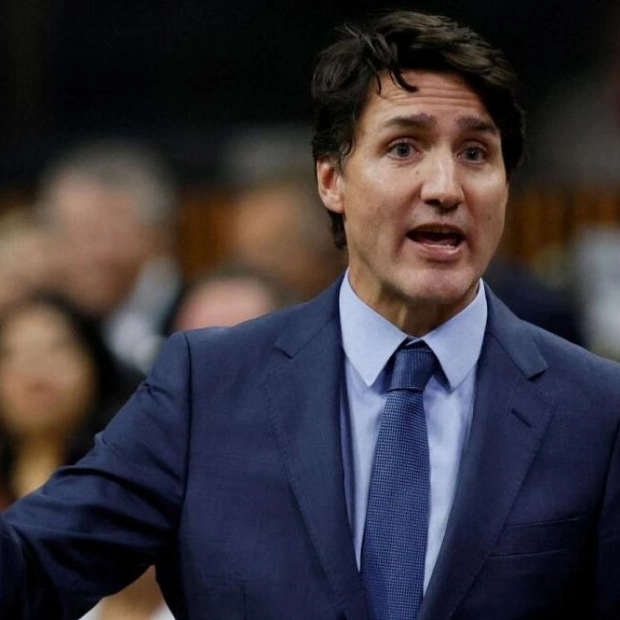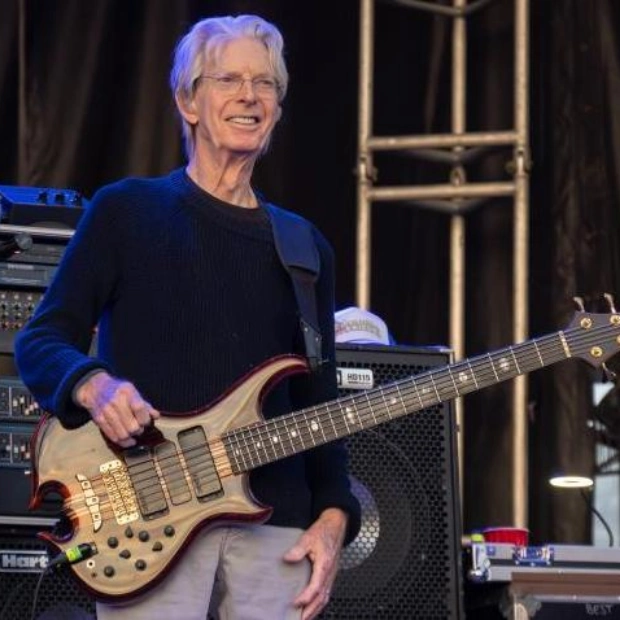German Chancellor Olaf Scholz faced mounting calls to step down as the Social Democrats' (SPD) top candidate for the upcoming snap elections in February, as the party braces for a potential historic defeat. Senior SPD members have urged Scholz to make way for Defense Minister Boris Pistorius, whose popularity has surged, according to recent surveys. Germany is set to hold elections seven months ahead of schedule following the collapse of Scholz's three-party coalition earlier this month.
Scholz, currently attending the G20 summit in Rio de Janeiro, has expressed his intent to seek a second term as chancellor. However, former SPD leader Norbert Walter-Borjans believes Pistorius stands a better chance against conservative candidate Friedrich Merz, who is currently leading in the polls. Walter-Borjans noted that while Scholz has navigated Germany through challenging times, Merz can only be defeated by a candidate who is both self-critical and approachable, qualities he feels Scholz lacks.
Pistorius topped a list of Germany's most popular politicians in a recent Bild ranking, while Scholz slipped to 20th place. Influential SPD members in North Rhine-Westphalia have also voiced support for Pistorius, citing Scholz's association with the collapsed coalition as a major drawback. Scholz is additionally under fire for his recent phone call with Russian President Vladimir Putin.
Despite the growing pressure, Scholz retains the support of the SPD leadership. Former Chancellor Gerhard Schroeder, despite his controversial ties to Russia, has defended Scholz, arguing that the party should not undermine its own leader. Pistorius has reiterated his support for Scholz but hinted at his openness to running for chancellor, stating that in politics, one should never rule anything out.
Scholz's three-party coalition, in power since 2021, fell apart after he dismissed Finance Minister Christian Lindner. Lindner's FDP subsequently left the government, leaving the SPD and their Green coalition partners in a minority. Scholz is expected to lose a confidence vote on December 16, paving the way for a general election on February 23. A recent Forsa poll shows the SPD at 15%, a significant drop from the 25.7% it secured in the 2021 election. The conservative CDU/CSU leads with 33%, followed by the far-right AfD at 18%.
Some observers question whether replacing Scholz with Pistorius would necessarily improve the SPD's fortunes, given Pistorius' lack of economic expertise. With Europe's largest economy facing challenges, economic issues are expected to be a decisive factor in the upcoming election.
Source link: https://www.khaleejtimes.com
